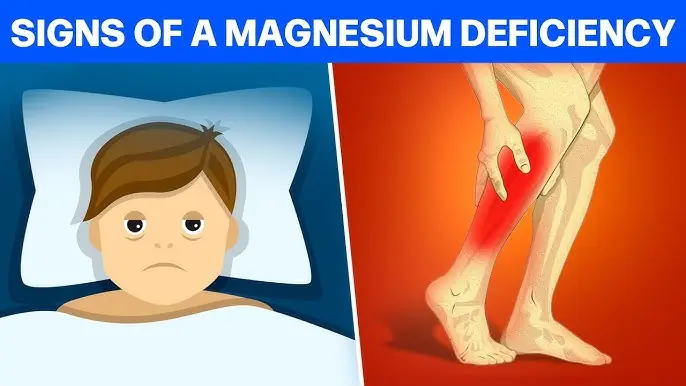
4 Powerful Remedies to Eliminate Parasites — #2 Will Surprise You!
4 Powerful Remedies to Eliminate Parasites — #2 Will Surprise You!
Parasites have been troubling humans for as long as history can remember. Ancient civilizations recorded mysterious illnesses that caused fatigue, malnutrition, and even death—long before anyone understood that tiny invaders were to blame. Today, despite advances in hygiene and medicine, parasites still infect millions of people every year, especially in tropical and developing regions.
In this article, we’ll look at the most common parasites, the hidden dangers they pose, and the warning signs that you might be hosting them without realizing it. Most importantly, we’ll explore four natural remedies backed by research that can help your body fight them off safely and effectively.

📌 Common Parasites in Humans
Let’s begin by looking at the types of parasites that most often affect people around the world.
1. Ascaris lumbricoides — The Classic Roundworm
These are the traditional “intestinal worms” you’ve probably heard about. They can grow several inches long and look disturbingly like noodles. Once inside the intestines, they feed on nutrients and can cause severe abdominal discomfort, bloating, and malnutrition. In children, Ascaris infections can lead to growth delays and poor cognitive development. It’s estimated that over 800 million people worldwide may carry them.
2. Trichuris trichiura — The Whipworm
This parasite thrives in areas with poor sanitation. People often become infected by ingesting contaminated soil or food. Trichuris can cause diarrhea, abdominal pain, and sometimes anemia because it feeds on blood in the intestinal lining. Over time, it can lead to chronic fatigue and nutrient deficiencies if untreated.
3. Hookworms (Necator americanus and Ancylostoma duodenale)
Hookworms enter the body through the skin—often through bare feet walking on contaminated soil. Once inside, they attach to the intestinal wall and suck blood, leading to iron-deficiency anemia and weakness. In heavy infections, people may experience severe fatigue and weight loss.
4. Giardia lamblia — The Water Parasite
Unlike worms, Giardia is a microscopic protozoan that infects the intestines. It spreads through contaminated water, food, or even from person to person. It’s one of the most common causes of traveler’s diarrhea and can cause gas, cramps, and foul-smelling stools.
5. Entamoeba histolytica — The Deadly Amoeba
This dangerous protozoan causes amoebic dysentery, a severe infection marked by bloody diarrhea, stomach pain, and fever. If left untreated, it can invade the liver or brain and become life-threatening. It spreads easily through contaminated food or unwashed hands.
6. Cryptosporidium
Another waterborne protozoan, Cryptosporidium often affects people with weakened immune systems, such as children, the elderly, or those with chronic illnesses. It causes watery diarrhea and dehydration, which can become serious if fluids aren’t replaced.
7. Tapeworms (Taenia species)
Tapeworms can grow to astonishing lengths—sometimes several feet long! People get infected by eating undercooked meat or fish. These flat, ribbon-like worms live in your intestines, stealing nutrients and sometimes migrating to other organs.
⚠️ The Dangers of Having Parasites
Parasites are more than just unpleasant—they can cause serious and long-term health problems.
At first, you might not feel anything unusual. But as they multiply, they can lead to a variety of digestive symptoms: diarrhea, stomach pain, nausea, vomiting, bloating, and loss of appetite. Severe diarrhea can lead to dehydration, which is especially dangerous for children and the elderly.
Over time, parasites rob your body of nutrients. They consume the vitamins, proteins, and minerals you eat, leaving you weak and malnourished. Chronic infections can cause unexplained weight loss, fatigue, and a weakened immune system.
Some parasites—like hookworms and Entamoeba—can lead to iron-deficiency anemia, making the skin look pale and leaving you short of breath. Others, like tapeworms, may migrate to organs and cause complications in the brain or nervous system.
In children, parasitic infections can interfere with both physical and cognitive development, leading to stunted growth and learning difficulties.
Pregnant women should be especially cautious: Toxoplasma gondii, a parasite commonly carried by cats and dogs, can cause miscarriages, premature births, or birth defects if transmitted to the fetus.
Some parasites even trigger allergy-like reactions, such as hives, itching, or respiratory discomfort, as the immune system fights to expel them. In extreme cases, large worm infestations can block the intestines—a potentially fatal emergency.
🧠 Key Takeaways
-
Parasites can cause digestive issues ranging from mild discomfort to life-threatening dehydration.
-
Chronic infections may lead to malnutrition and anemia.
-
Children are especially vulnerable to growth and developmental delays.
-
Some parasites affect the brain and nervous system.
-
Pregnant women must be cautious about Toxoplasma exposure.
-
Allergy-like reactions and intestinal blockages can occur in severe cases.
🌿 Natural Remedies for Parasites
Fortunately, nature provides powerful tools to help combat parasites. These remedies are most effective when used early in an infection or as a preventive measure.
➡️ 1. Garlic — The Ancient Parasite Killer
Garlic has been used for thousands of years as a natural antimicrobial, and modern science backs up its power. Studies show garlic can fight a wide range of intestinal parasites, including Ascaris, pinworms, tapeworms, and Giardia.
Its active compound, allicin, prevents parasites from multiplying and shortens their lifespan. Garlic also contains ajoene and diallyl sulfides, which strengthen its anti-parasitic and anti-bacterial effects.
Eating one raw clove of garlic daily—or mixing crushed garlic into soups and salads—can help prevent parasites from taking hold. Some studies even show that garlic can help eliminate mature forms of Entamoeba histolytica and Giardia lamblia.
➡️ 2. Pumpkin Seeds — Nature’s Gentle Dewormer
Pumpkin seeds are surprisingly powerful against intestinal worms. Their secret weapon, cucurbitacin, paralyzes parasites and helps your body flush them out naturally.
Research has shown that pumpkin seeds are particularly effective against Ascaris and tapeworms. Eating a small handful regularly—raw or lightly roasted—can act as a preventive measure and keep your digestive system clean.
You can also grind fresh pumpkin seeds and mix them with honey or coconut oil for a traditional, natural deworming paste used in many cultures.
➡️ 3. Papaya — The Tropical Cleanser
Papaya isn’t just a delicious fruit—it’s also one of the best natural remedies for intestinal worms. Its enzyme papain breaks down proteins in the parasite’s body, weakening them until your system can expel them.
Clinical studies have found papaya seeds especially effective. In one study, children given crushed papaya seeds showed a significant reduction in intestinal parasites after just a few days. You can eat the seeds raw, dried, or ground into smoothies.
➡️ 4. Pineapple — The Enzyme Powerhouse
Pineapple contains bromelain, a digestive enzyme that has both anti-inflammatory and anti-parasitic effects. It helps destroy parasites’ protective layers, making them easier to eliminate.
Bromelain has shown promise against Giardia and tapeworms in both laboratory and real-life studies. Eating fresh pineapple regularly (not canned) can help cleanse your intestines and reduce inflammation caused by parasitic irritation.
🍽️ How to Use These Remedies
Incorporating these foods into your diet regularly can help prevent parasites from taking hold in the first place. A balanced approach works best—combining garlic, papaya, pumpkin seeds, and pineapple as part of a whole-food, nutrient-rich diet.
It’s also important to maintain good hygiene habits:
-
Wash fruits and vegetables thoroughly.
-
Drink clean, filtered water.
-
Avoid undercooked meat and seafood.
-
Wash your hands often, especially before eating.
If symptoms persist or worsen, see a healthcare professional. Some parasite infections may require prescription medication to fully eliminate the problem.
💡 Final Thoughts
Parasites are more common than most people realize—but they don’t have to control your health. By strengthening your immune system and incorporating proven natural remedies, you can help your body stay clean, balanced, and resilient.
So next time you slice open a papaya or sprinkle pumpkin seeds over your salad, remember: you’re not just nourishing yourself—you’re helping protect your body from some of nature’s oldest invaders.
News in the same category


5 Foods That Can Damage Your Thyroid (Even Though They Look Healthy)
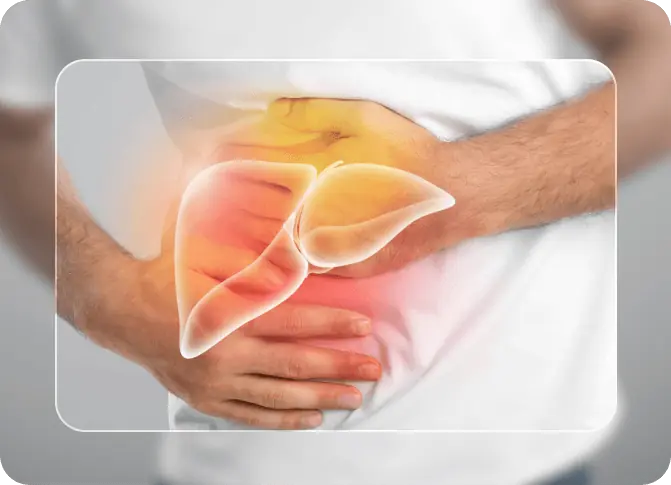
10 Early Warning Signs Your Liver Is in Trouble (Don’t Ignore #4!)

7 Heart-Healing Foods Your Cardiologist Won’t Tell You About

Say Goodbye to Joint and Bone Pain Naturally with This Ancient Herbal Remedy

Do you belong to these 4 types of people? You should know now.

What Happens If You Consume Raw Garlic Daily

Take a Glass of This and Your Liver Will Be Renewed!
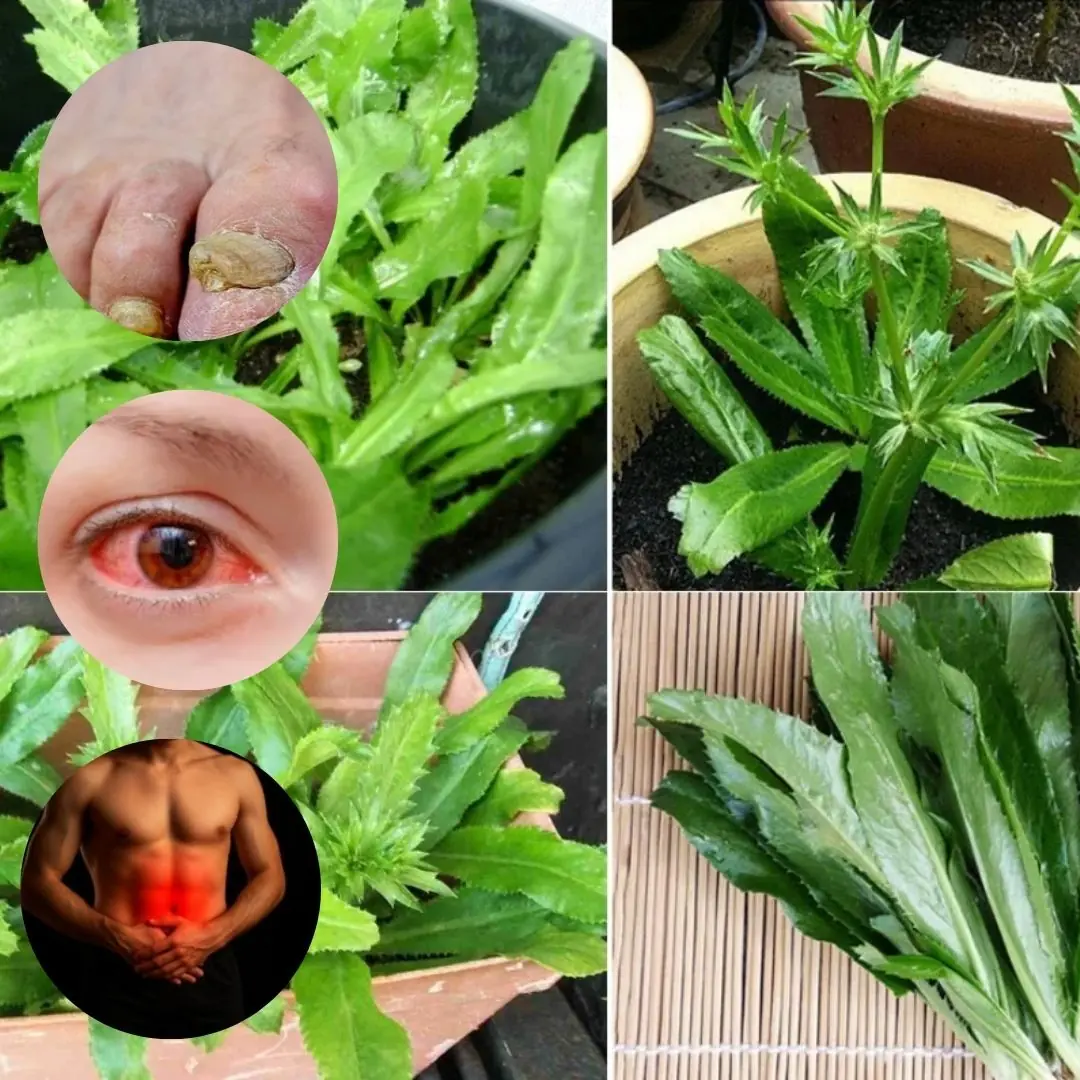
Culantro: The Hidden Gem of Your Garden

Ginger, Clove, and Honey: The Natural Trio Your Body Will Thank You For

Routine Smoothie Ingredient Causes Severe Food Pipe Obstruction In Health-Conscious Teen
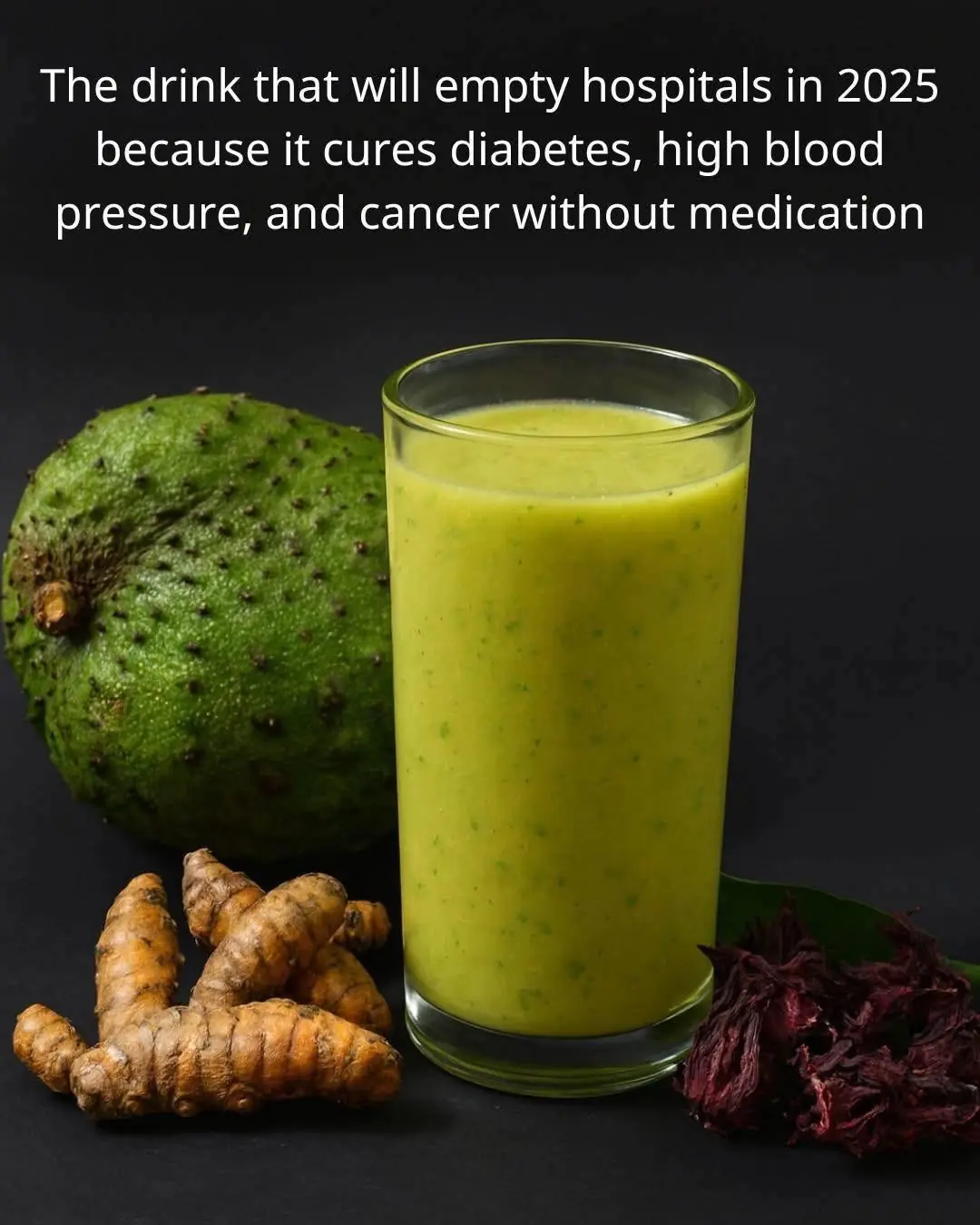
The Drink That’s Gaining Attention in 2025: A Natural Blend to Support Blood Pressure, Diabetes, and More

Man Passed Away After Eating Eggs — Stop Eating Eggs This Way Immediately

Two Eggs a Day — Small Habit, Big Health Boost
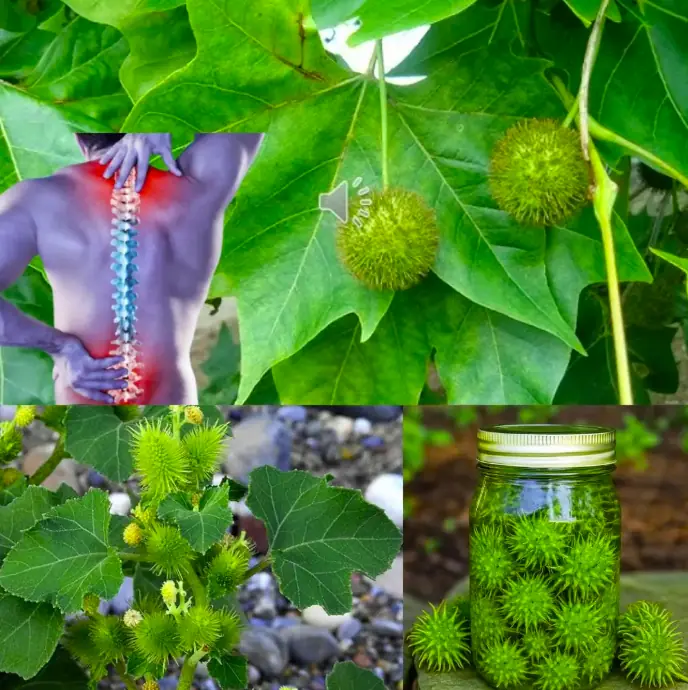
Sweetgum’s Hidden Powers: 7 Surprising Health Benefits You Need to Know
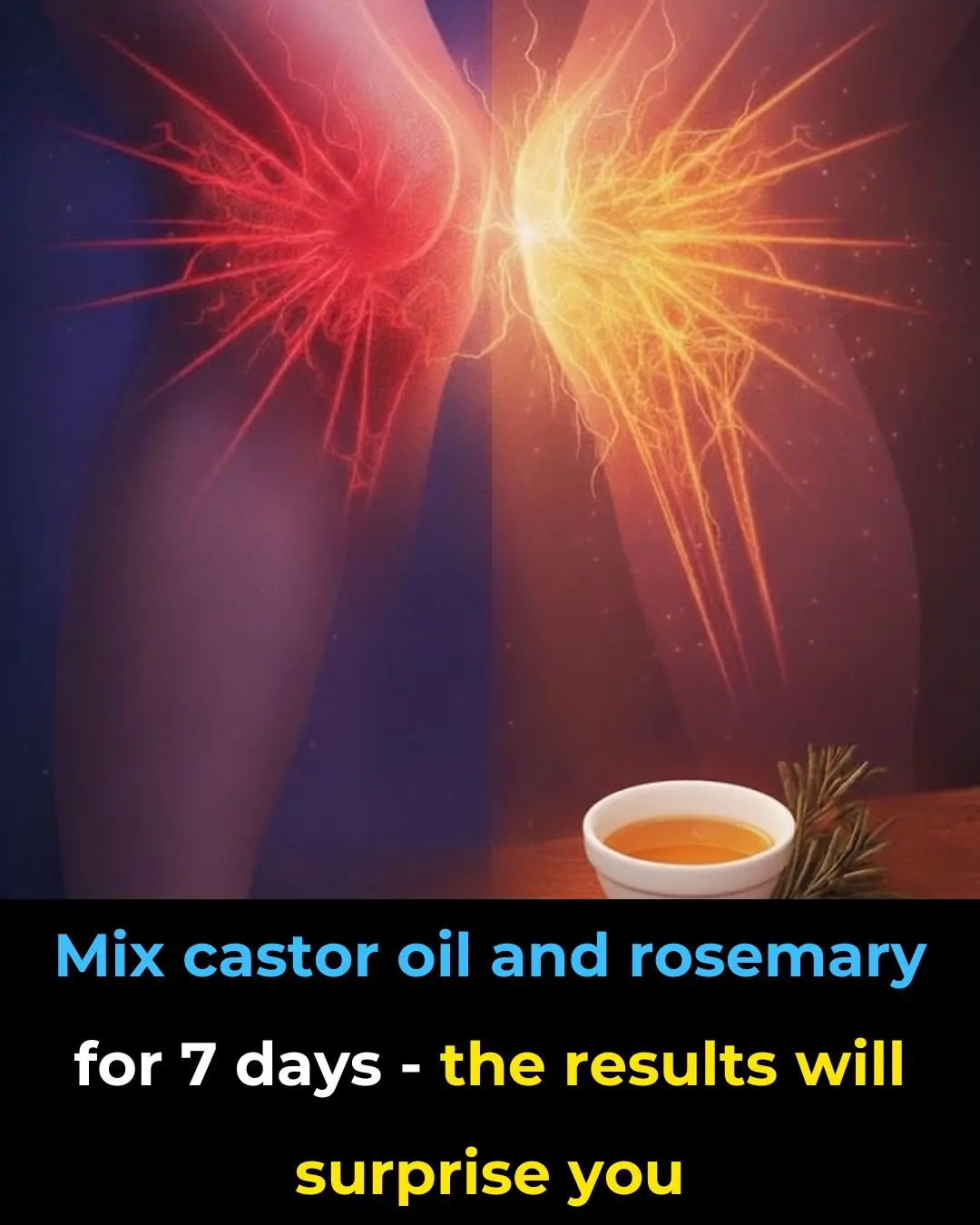
Mix castor oil and rosemary — the 7-day results will surprise you

Top 5 Nutrients to Reduce Swelling in Feet and Legs

Proven Health Benefits of Eating Eggs Based on Evidence

5 Powerful Vitamins That Help Stop Acid Reflux Naturally
News Post
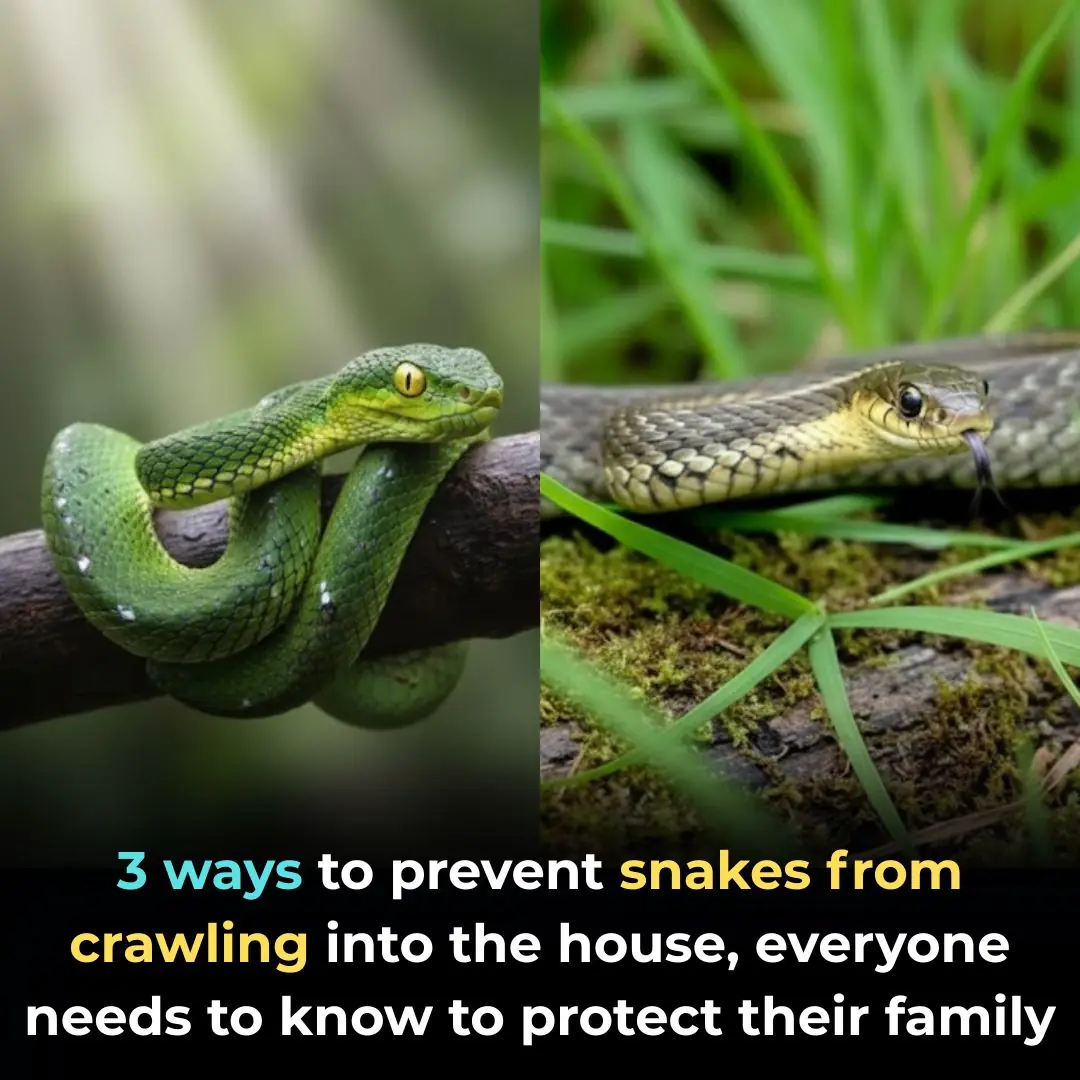
3 ways to prevent snakes from entering the house, everyone needs to know to protect their family

Tips to clean gas stove rust with rice water and cooking oil, seems like a joke but the effect is surprising, the stove is sparkling clean

You’re doing it all wrong. Here’s the right way to store bread

Scientists Found IV Bags Could Send Microplastics Directly Into Your Bloodstream During Infusions
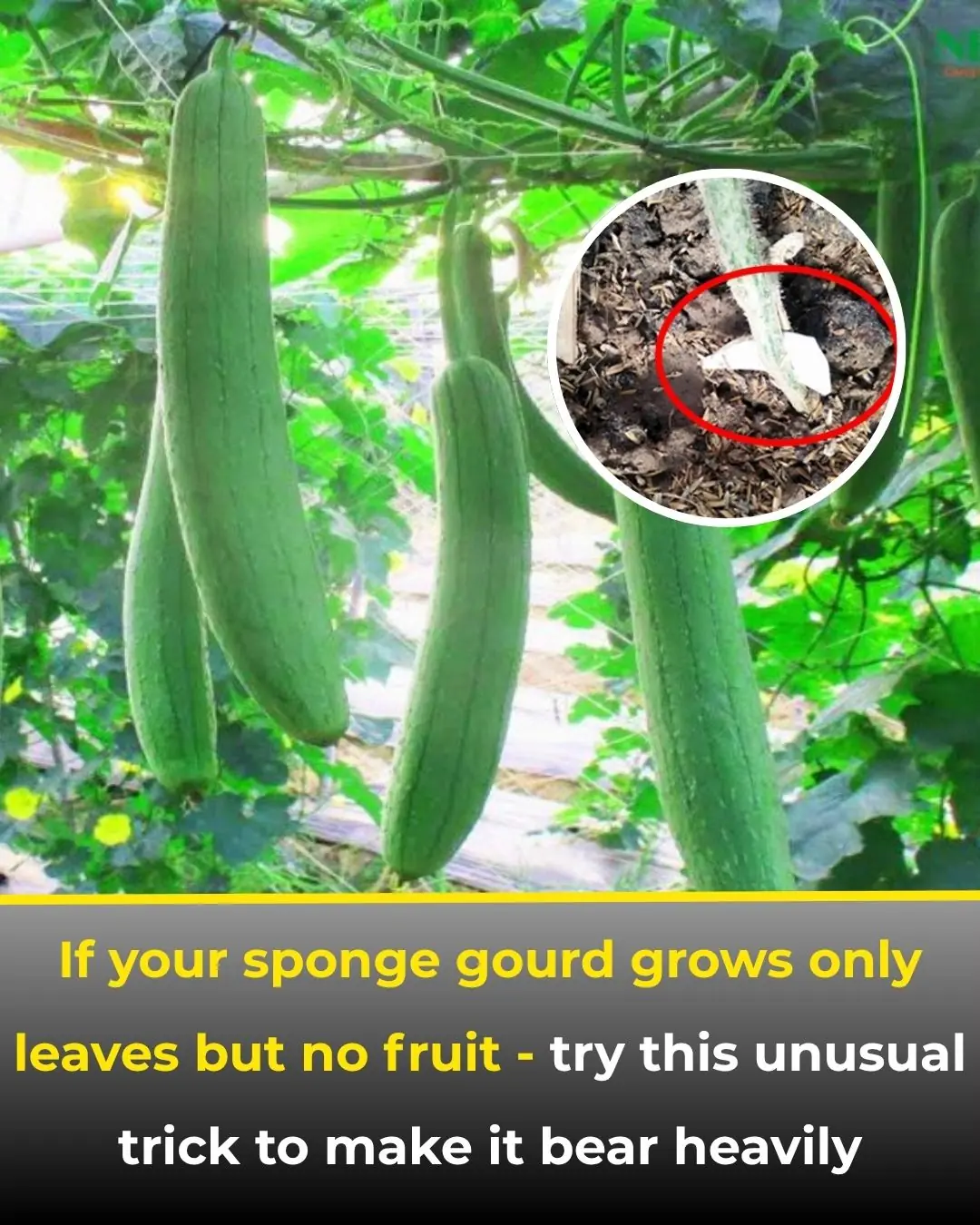
Grow Luffa Vines Full of Fruit Instead of Just Leaves — Use This Simple Trick!

Top 15 Bizarre Signs of Magnesium Deficiency You Need to Know

Traditional Doctor Reveals: The Pig’s Tail — A Natural “Power Booster” for Men’s Vitality and Women’s Beauty

20-year-old Young Man Suddenly Suffers Acute Kidney Failure After Eating Oysters: Doctor Reveals the “Hidden” Cause
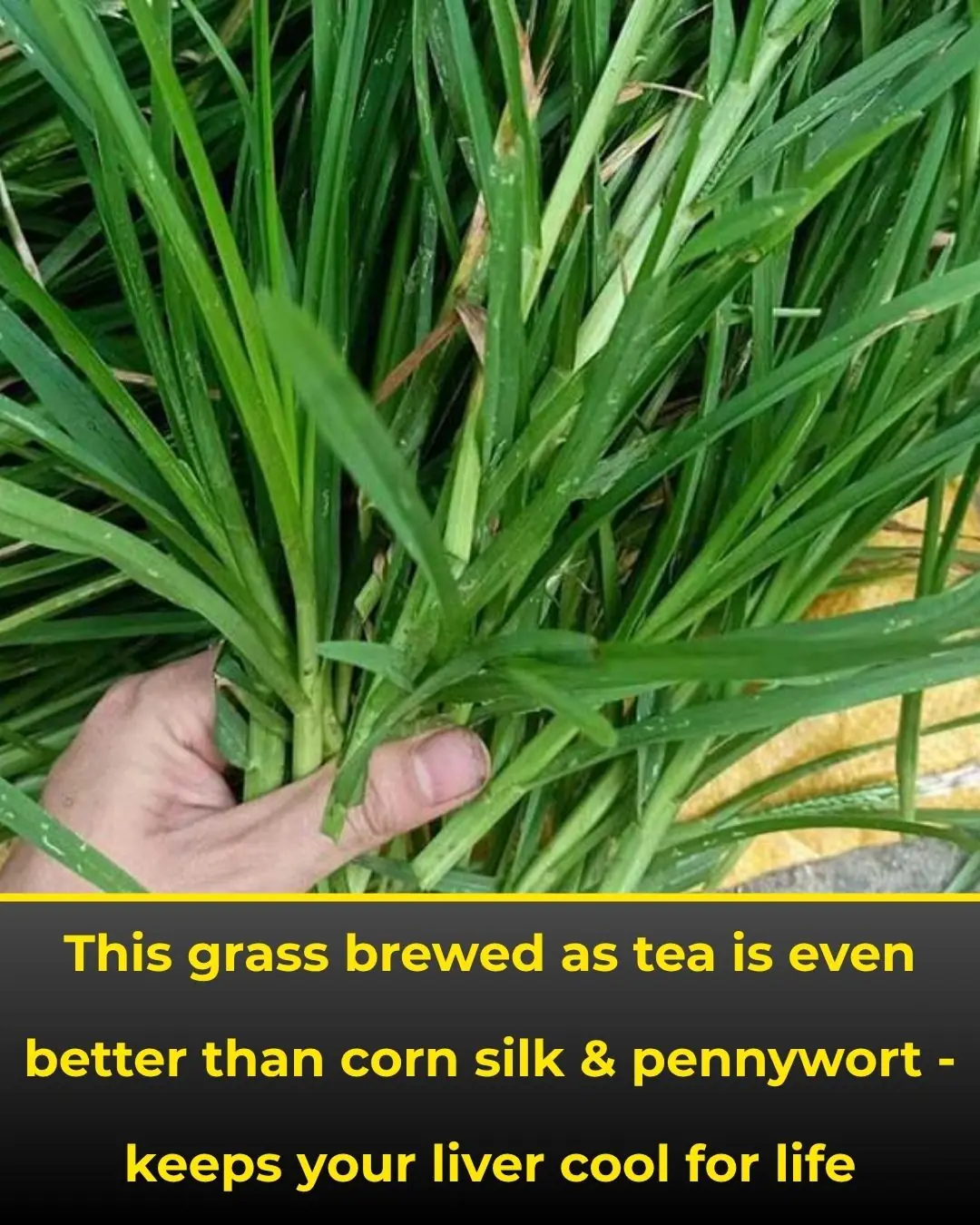
The Medicinal Benefits of Goosegrass (Eleusine indica) in Traditional and Modern Medicine

Chilling Reality: The Coffee-Drinking Habit That May Have You Ingesting 1,000+ Microplastic Particles Every Time

5 Foods That Can Damage Your Thyroid (Even Though They Look Healthy)
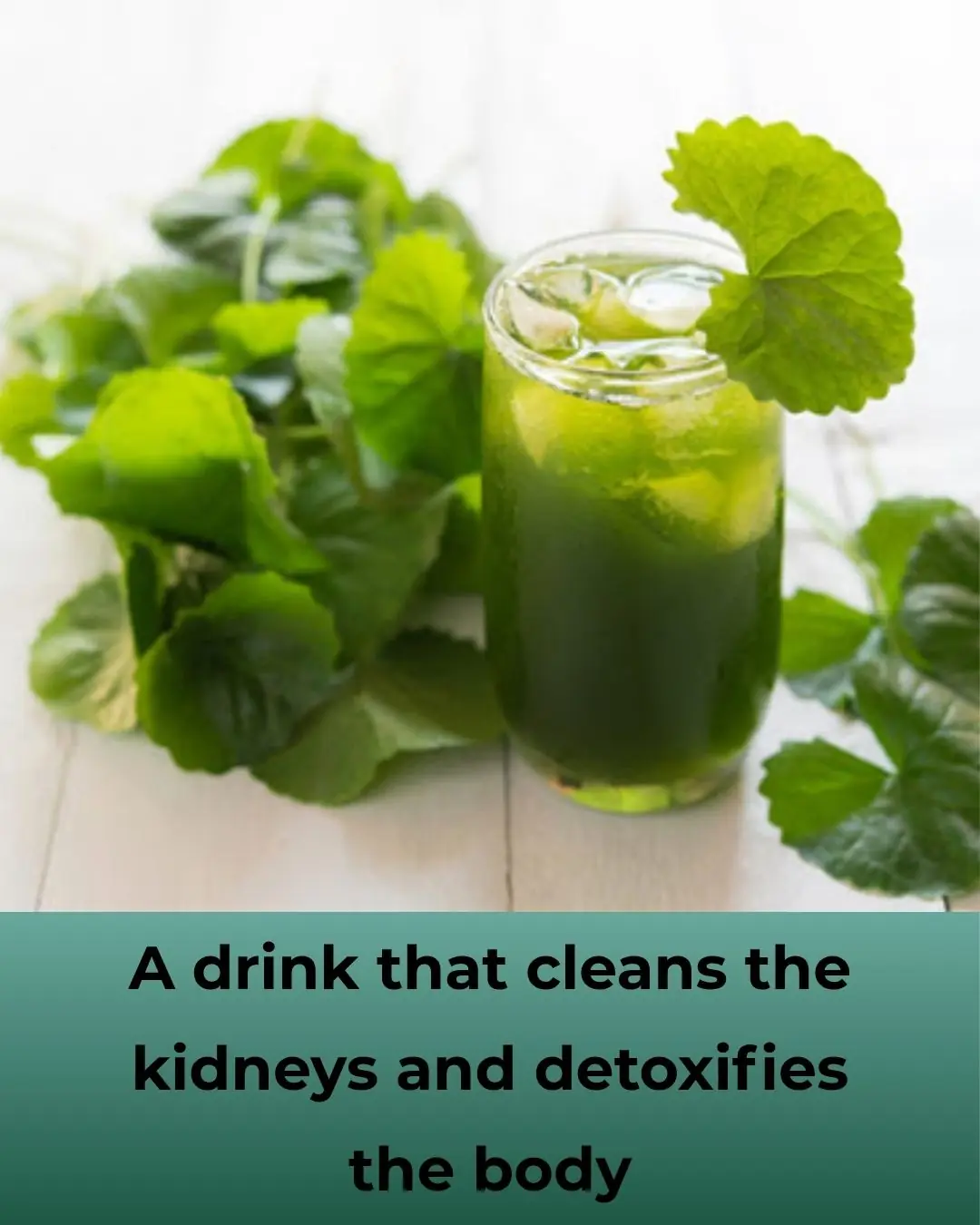
Natural Drinks That Cleanse and Support Kidney Health
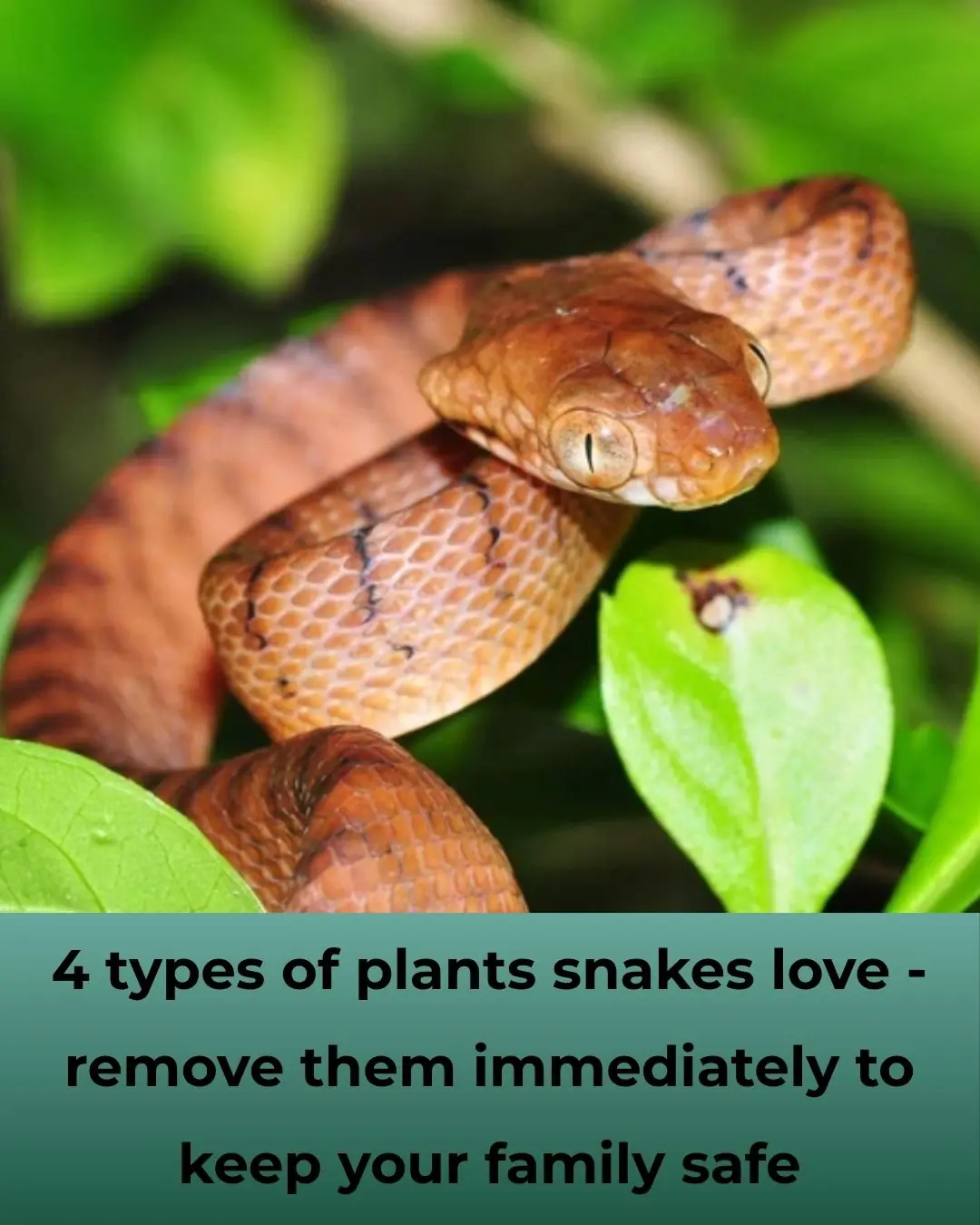
4 Plants That Attract Snakes — Remove Them Immediately to Stay Safe

Make Your Bitter Melon Soup Sweet and Nutritious — Just Add This One Ingredient

Don’t Be Superstitious—but Be Smart: 5 Things You Should Never Pick Up from the Street
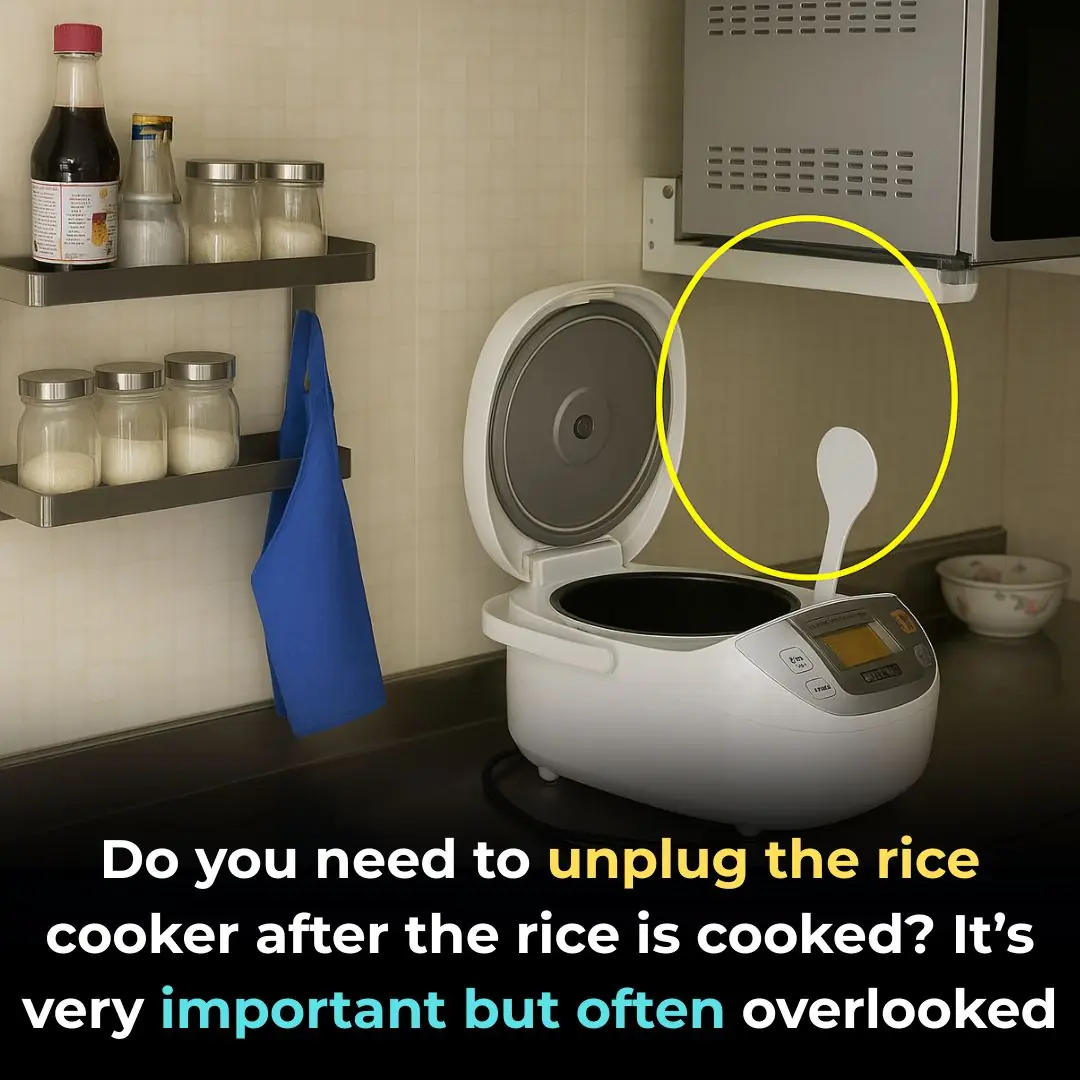
Should You Unplug Your Rice Cooker After the Rice Is Cooked?

Most do this wrong. 10 dairy items you’re storing incorrectly
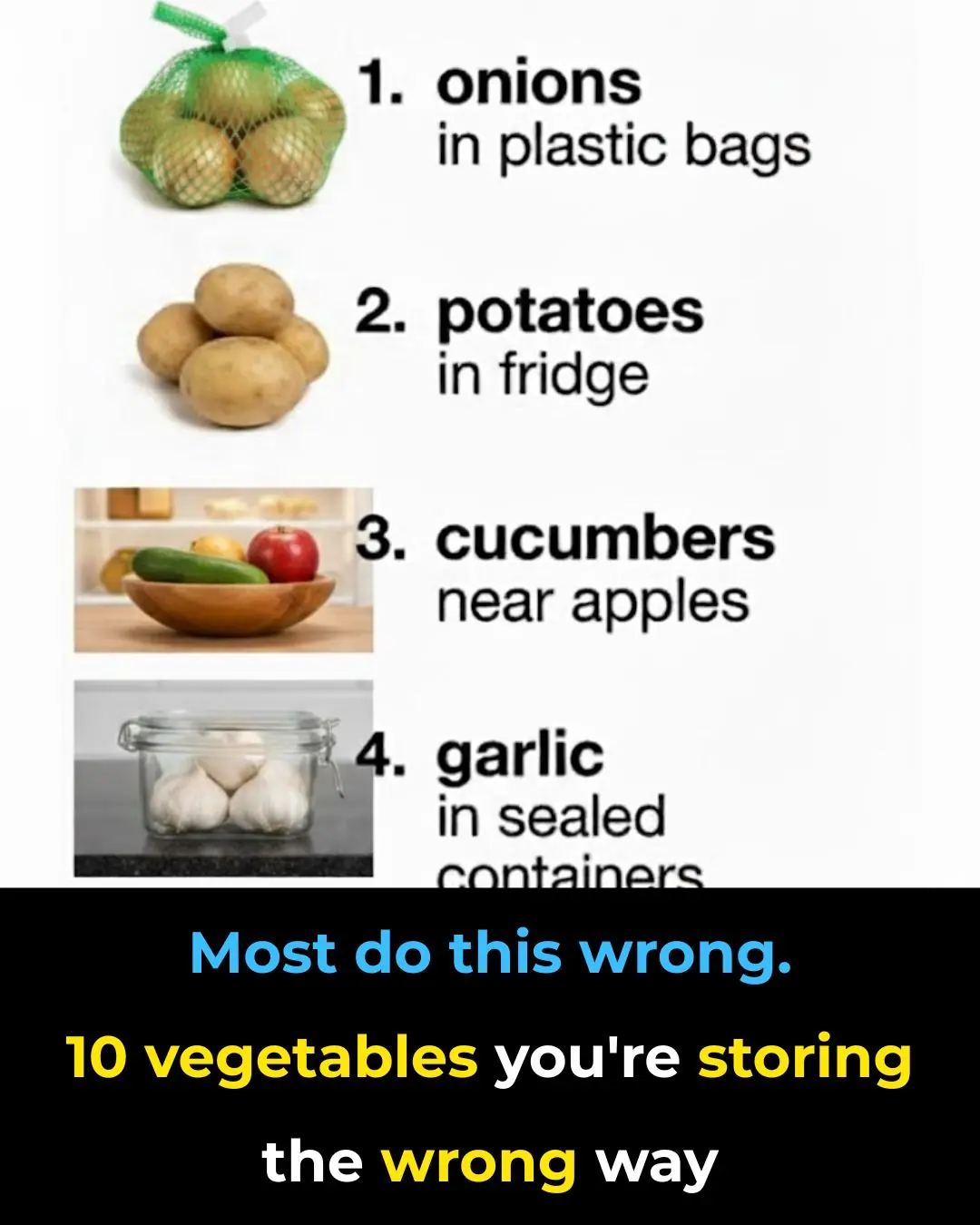
Most do this wrong. 10 vegetables you’re storing the wrong way
